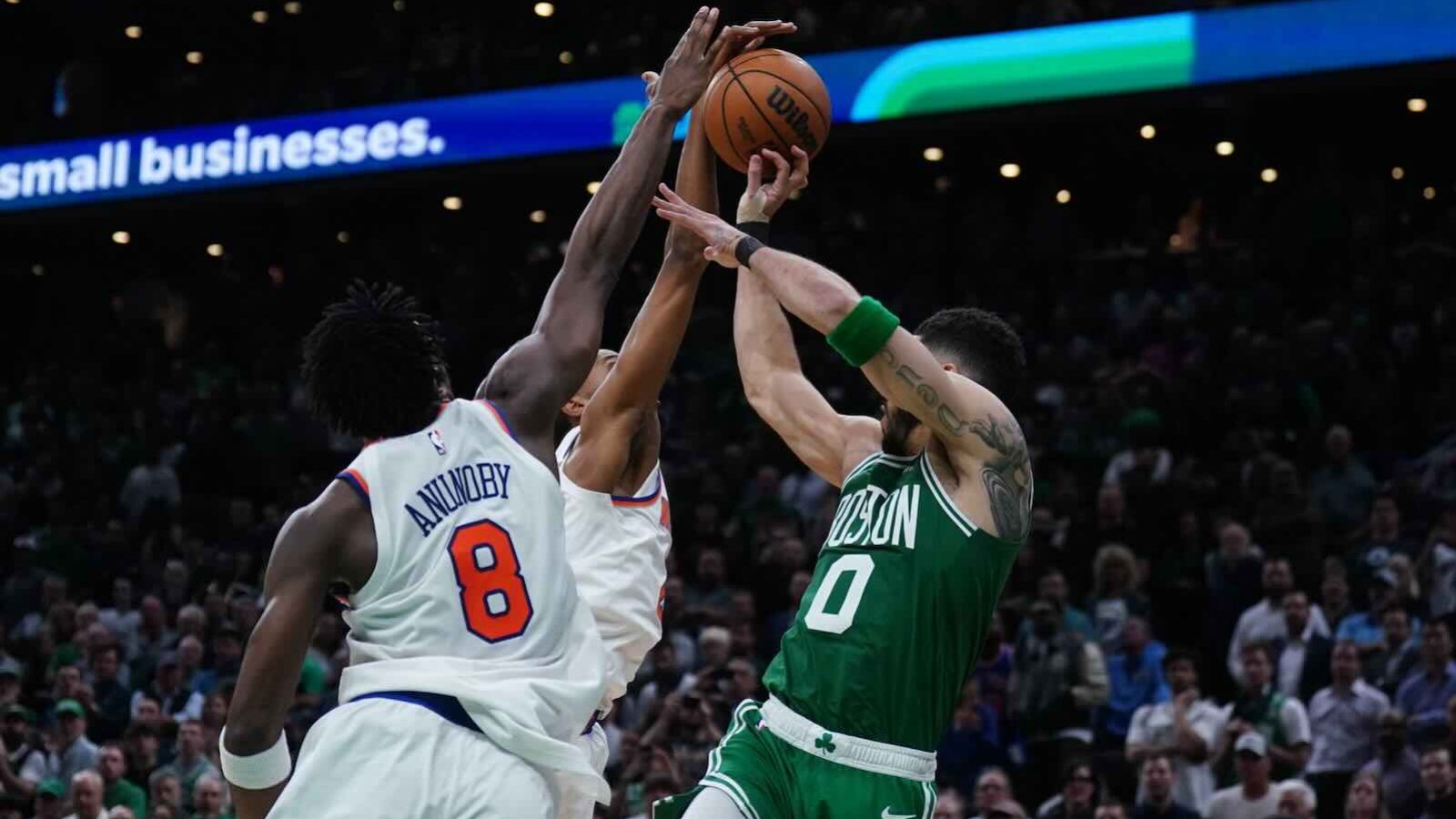Kalshi continued to argue that the Nevada Gaming Control Board and certain officials named in a lawsuit lack the ability to ban its sports and election event contracts, making the case that Nevada’s claims cut against “a fundamental principle of the Constitution” in a new filing.
In a response filed on Wednesday following the state’s motion to dismiss, the Commodity Futures Trade Commission-registered entity, operating as a prediction market, argued that the state gaming laws that Nevada claims Kalshi is in violation of are superseded by federal law.
The Nevada attorney general moved to dismiss Kalshi’s complaint against the state’s gaming regulator last month, arguing the platform was in violation of state gaming laws.
However, Kalshi contended that the federal law governing futures contracts — the Commodity Exchange Act (CEA) — supersedes state laws. It says that only the Commodity Futures Trading Commission (CFTC) can prohibit a regulated futures exchange like Kalshi from offering trading on certain contracts, such as sports events.
“While federal law gives the CFTC discretion to prohibit contracts it considers ‘gaming’ and believes to be contrary to the public interest, the CFTC has declined to do so for Kalshi’s contracts,” Kalshi’s response said.
The exchange added that congressional power to supersede state law is a “fundamental principle of the Constitution.” Citing Murphy vs NCAA, the case that ultimately led to widespread regulated sports betting across the U.S., Kalshi wrote that Congress even has the power to “regulate sports gaming directly,” if it wanted to.
Note, however, that Kalshi appears to have misquoted the Murphy opinion, in which Justice Samuel Alito wrote that “Congress can regulate sports gambling directly.” While just a difference of two letters, words have meaning, and the crucial rule §40.11(a)(1) of the Commodity and Securities Exchanges federal regulations refers to gaming.
(1) An agreement, contract, transaction, or swap based upon an excluded commodity, as defined in Section 1a(19)(iv) of the Act, that involves, relates to, or references terrorism, assassination, war, gaming, or an activity that is unlawful under any State or Federal law; or
Florida State University’s Ryan Rodenberg noted that citing the Murphy ruling was an interesting choice.
“In its new court filing, Kalshi remains laser-focused on its core preemption argument tethered to CFTC-approved designated contract markets,” he said. “Curiously, Kalshi also cites the most important sentence from the Supreme Court’s Murphy ruling to emphasize the power of congress to regulate sports gambling directly.”
Preliminary injunctions
Kalshi also pointed to the District Court’s decision last month to issue a preliminary injunction preventing the state from suing Kalshi over its sports and election markets. Kalshi said that the motion to dismiss in this case “barely acknowledges this decision and instead repackages many of the same arguments this court already rejected at the preliminary-injunction stage.”
This Nevada matter began about one week before Kalshi brought a similar suit against New Jersey regulators where it also won a preliminary injunction, relying quite heavily in those filings on the court’s decision and rationale in the Nevada case.
The prediction exchange also claimed in its latest briefing that confusion over the relationship between federal and state laws was a recurring theme in the state’s arguments.
“Defendants’ pervasive error is to assume that state statutes governing actions under state law in state court apply to this action that is governed by federal law and was brought in this court,” Kalshi said.
In addition, the Kalshi lawyers argue that the state’s case to dismiss the complaint relied on arguments that the court had already rejected in previous cases, often involving procedural technicalities. Kalshi accused the state of relying on these technical matters because of weakness in its substantive arguments.




